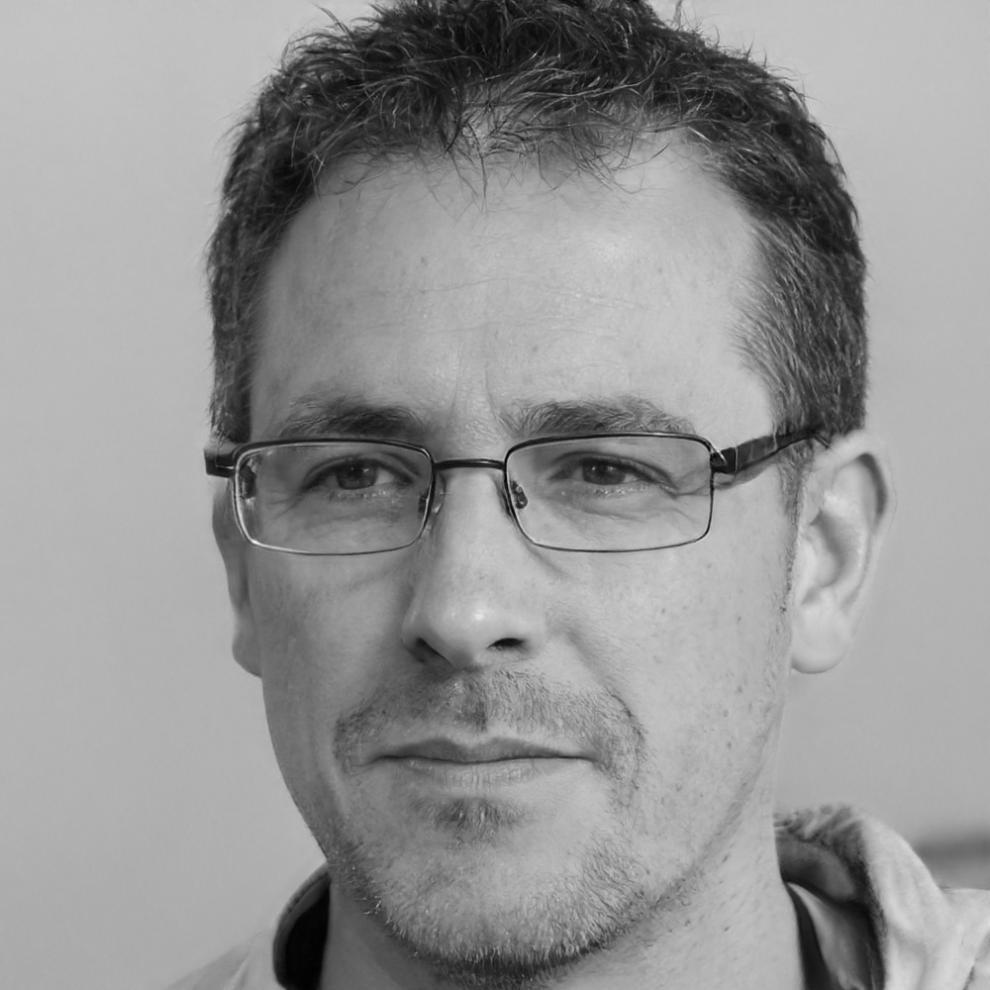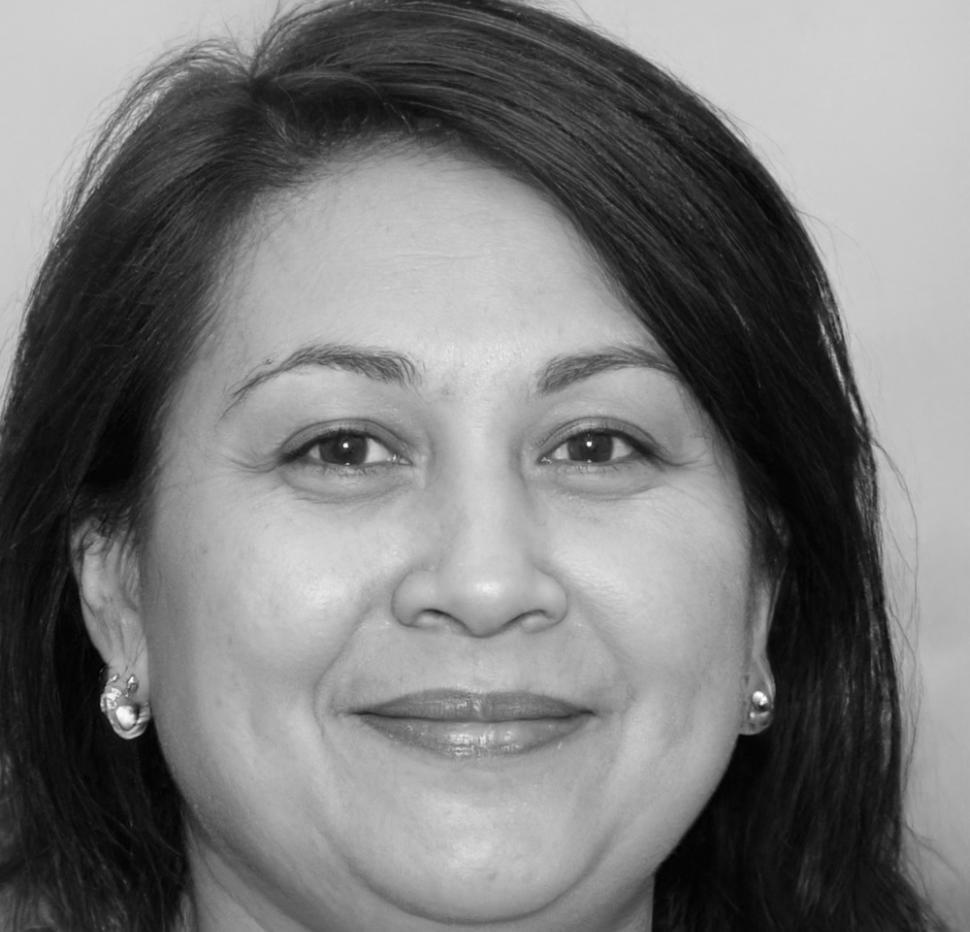How DriveStream Took Shape
We've had our share of detours and wrong turns. But each one taught us something about what actually helps people learn programming.
The Basement Days
Started with weekend workshops in Kaohsiung. Just us, a projector, and whoever showed up curious about code. No grand vision yet—just trying different teaching approaches to see what clicked.
Going Digital
Pandemic forced our hand. Built our first online platform in about three months. It was rough around the edges, but students from Taipei to Tainan could suddenly join in. That changed everything for us.
The Curriculum Overhaul
Realized our content was still too textbook-like. Spent eight months rewriting everything based on actual student feedback. Added more project work, cut the theory nobody remembered anyway.
Community Growth
Started seeing students help each other in ways we hadn't planned for. Set up proper forums and study groups. Turns out peer learning beats instructor lectures most of the time.
Looking Forward
We're launching specialized tracks this autumn—web development, data fundamentals, and a game development track we've been testing. Still learning, still adjusting based on what works.
The People Behind the Screens
Small team, varied backgrounds. We all code, but we bring different perspectives to how teaching should work.

Oskar Lindqvist
Lead Instructor
Spent fifteen years building backend systems before deciding he'd rather help people understand databases than just fix them. Has this weird ability to explain complex things without making you feel dumb about asking.

Veera Järvinen
Curriculum Developer
Former game developer who got tired of crunch time and pivoted to education. She's the one who pushed us to make everything more hands-on. If a lesson doesn't have a practical project attached, she won't sign off on it.
What Drives Our Decisions
Not revolutionary principles—just things we've found matter when you're actually trying to learn programming.
Real Projects First
You'll build something you can show people by week two. Theory comes when you need it to solve actual problems, not before.
Mistakes Are Data
Everyone breaks their code. We've built the curriculum expecting that. Better to fail early in a safe environment than freeze up later when it matters.
Flexible Pacing
Life happens. Jobs happen. We've structured everything so you can slow down or speed up without falling behind permanently. No rigid timelines that punish people with responsibilities.
Community Support
Our discussion forums are more active than our official lessons sometimes. That's fine with us—students explaining things to each other often works better than us lecturing anyway.
Based in Kaohsiung, Teaching Everywhere
Our physical space is in southern Taiwan, but most of what we do happens online. We run in-person sessions occasionally when enough people ask for them—usually around new program launches in autumn and spring.